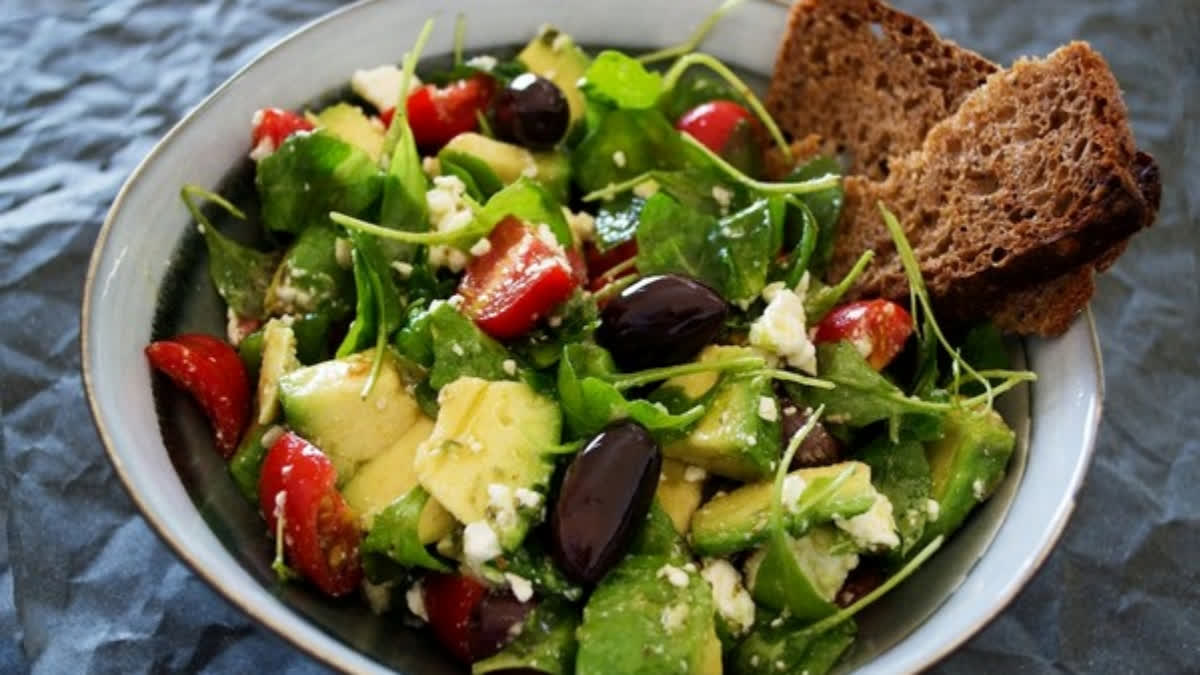Stockholm [Sweden]: The composition of the intestinal microbiota is influenced by a variety of factors, including nutrition and the body's production of the intestinal defence molecule defensins, which has been discovered by researchers at Ume University in Sweden. Instead, they discovered a potential function for these molecules in stopping blood sugar levels from rising after consuming a high-calorie "Western-style diet."
"While the effect of defensins in shaping the adult microbiota composition is rather minor when compared to diet, defensins still have a very important role in protecting us against microbial infections; and our research highlights their protective role against the metabolic complications that can arise after the intake of a high-fat and high-sugar Western-style diet," said Fabiola Puertolas Balint, PhD student at the Department of molecular biology at Umea University.
She is working in Bjorn Schroder's research group, which is also affiliated to Umea Centre of Microbial Research, UCMR, and The Laboratory for Molecular Infection Medicine Sweden, MIMS, at Umea University. The gut microbiota refers to the community of trillions of microorganisms that live inside everyone's gut.
Over the past decades, the abundance of specific bacteria in this community has been extensively studied due to its connection to many diseases, including inflammatory bowel diseases, obesity and diabetes, and even psychological disorders. The microbial community is seeded during birth, after which several internal and external factors help shaping the community to its final composition. These factors include, among others, diet (especially fibre), genetics, medication, exercise, and defence molecules, the so-called antimicrobial peptides.
Also read:New finding may improve type-2 diabetes treatment in India: Lancet study
